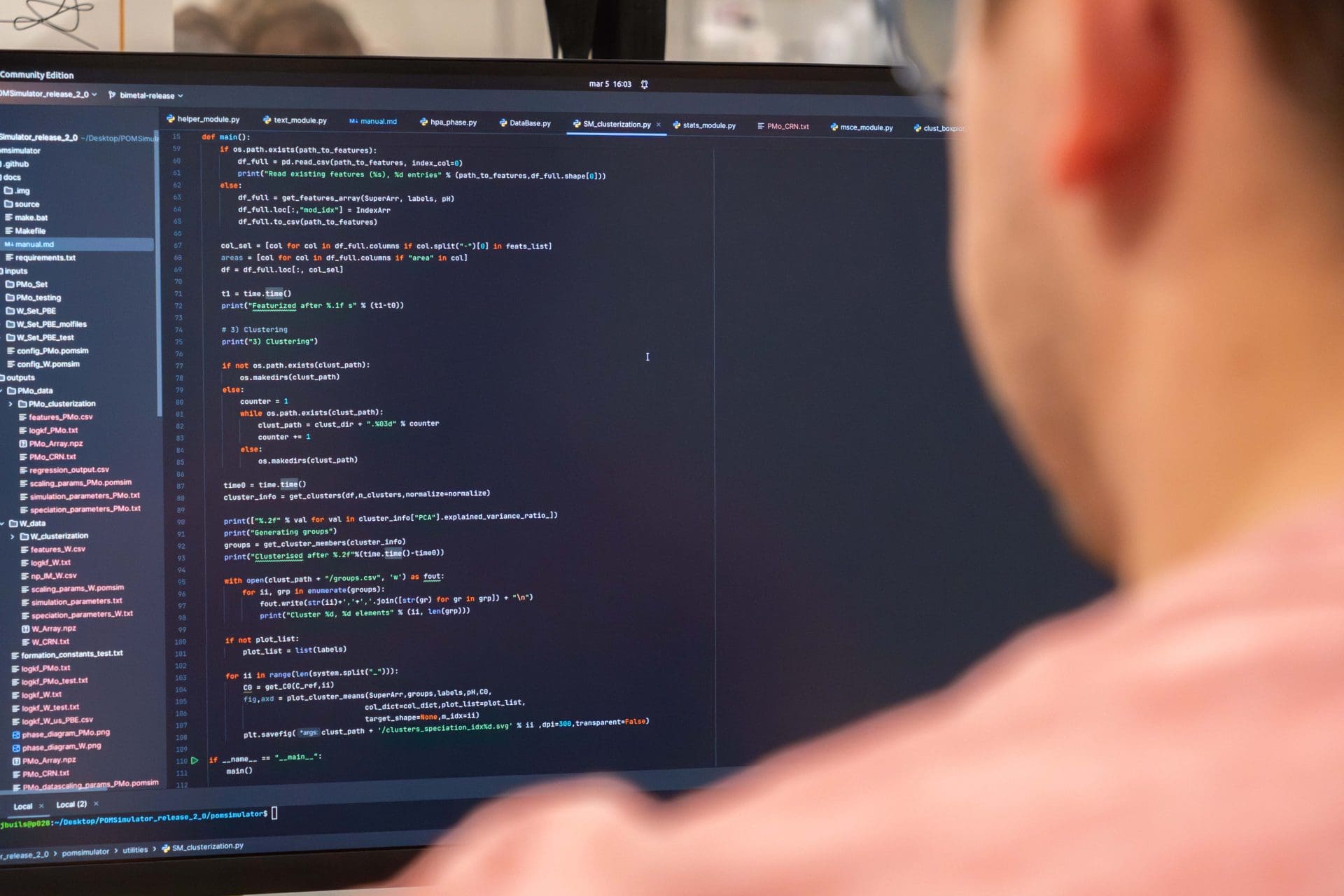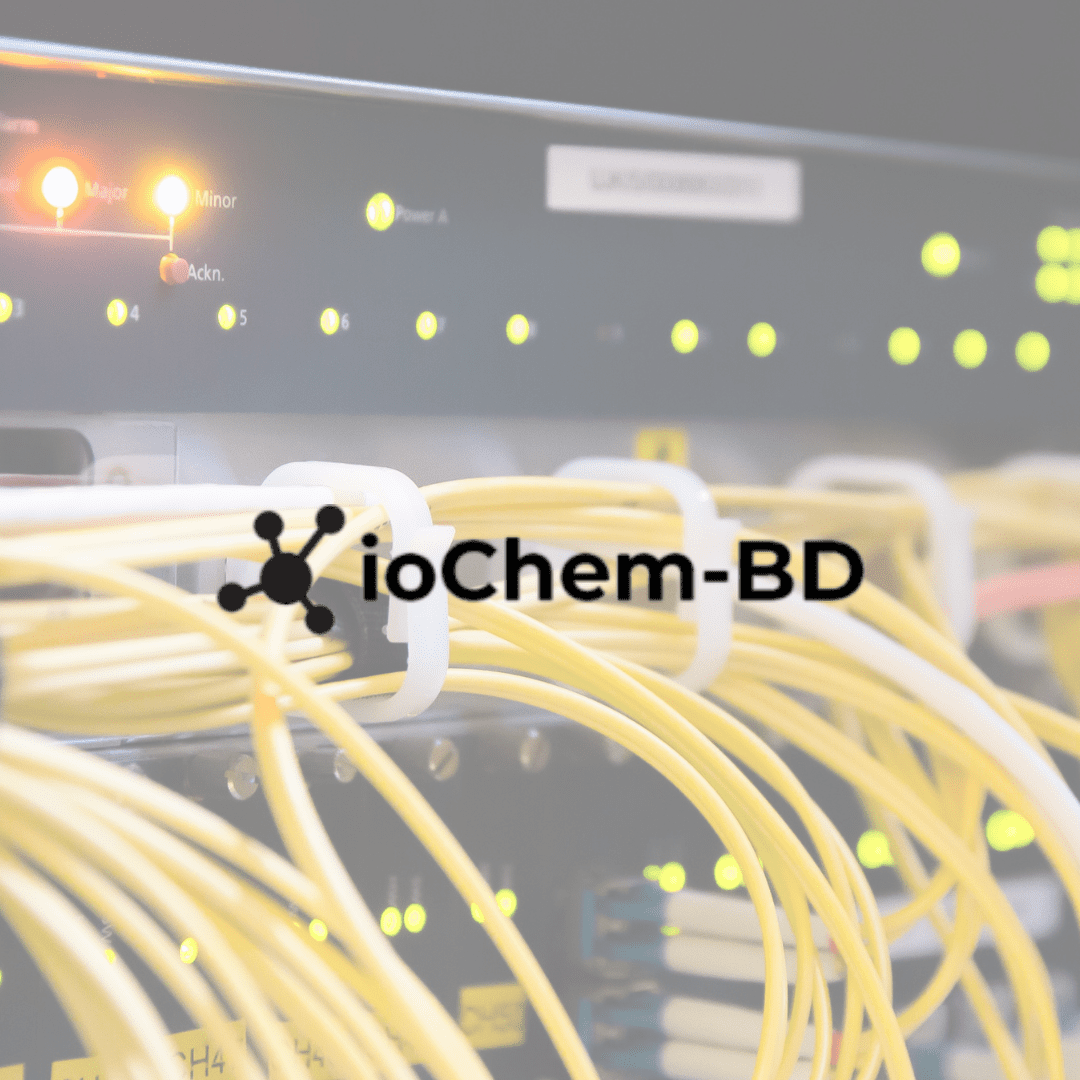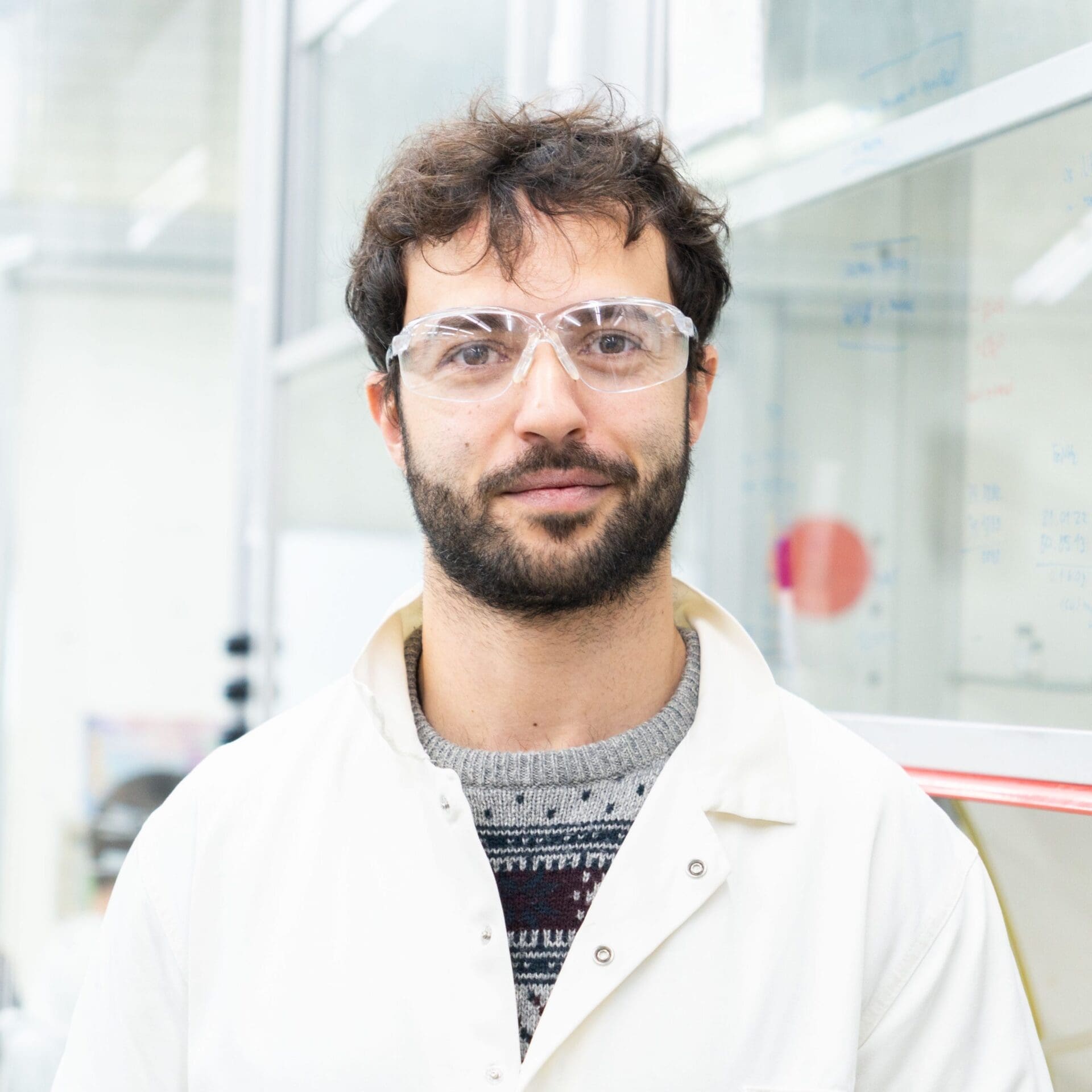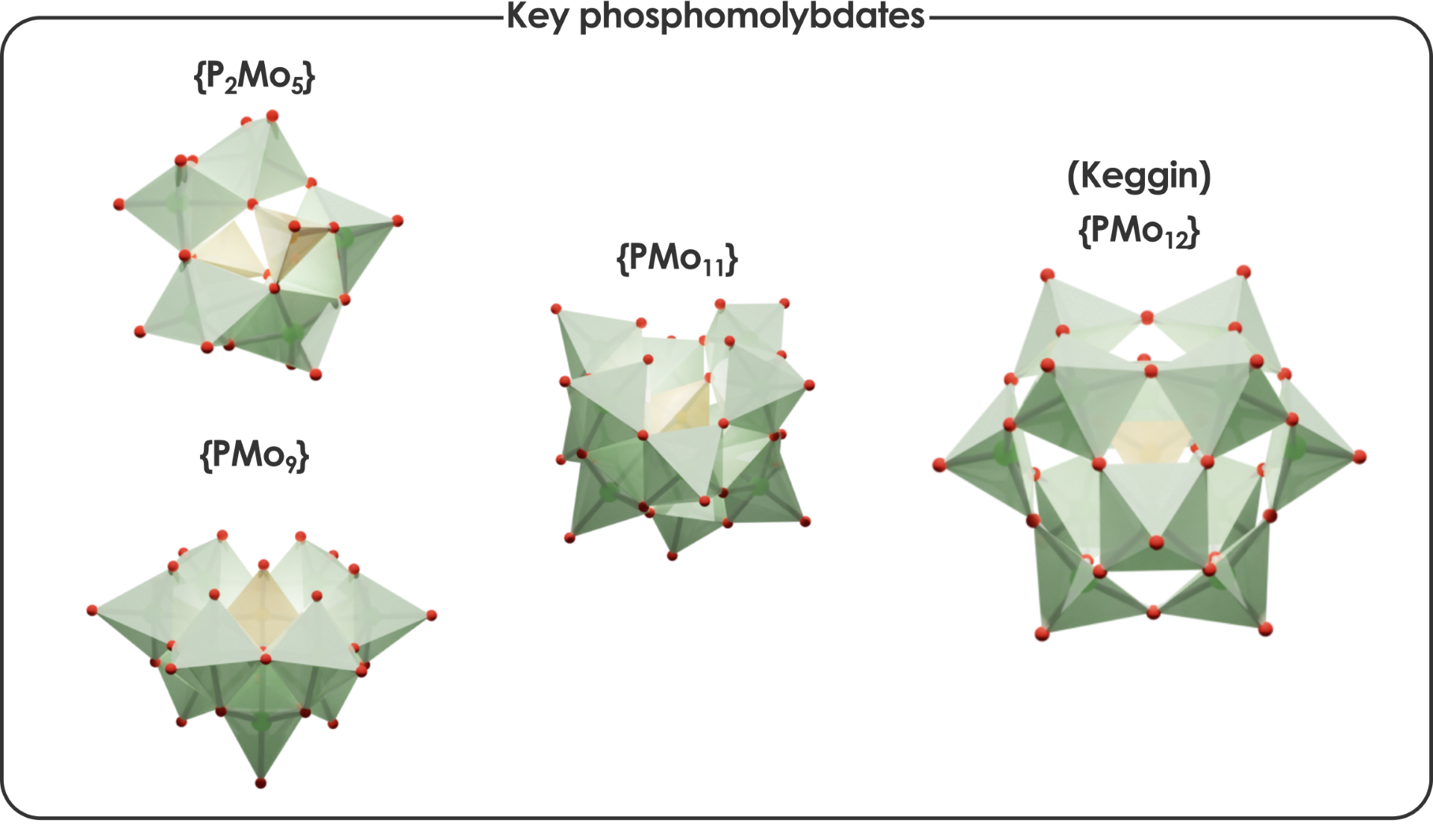ioChem-BD highlighted by ERC
3rd May 2019 – Scientists around the globe are generating looming amounts of data. This data (aka Big Data) cannot be analysed using traditional tools thus creating a problematic shared by most of the sciences. Realizing the need to have tools able to manage computational chemistry Big Data, ICIQ and Universitat Rovira I Virgili (URV) scientists created ioChem-BD in 2015. Now, the European Research Council (ERC) has included the platform on the Open Research Data and Data Management Plans. Researchers can request their free ioChem-BD account here.
Since its foundation in 2007, ERC has supported Open Access in science. For instance, all publications derived from ERC funded projects must be publicly available. Moreover, ERC is working to make research data publicly available through the so-called ‘FAIR data principles’ (findable, accessible, interoperable and reusable). On its third revision of the Open Research Data Management Plan, the European institution has included ioChem-BD as an example of repositories for open access Computational Chemistry research results.
Partially funded by the ERC Proof of Concept Grant BigData4Cat, ioChem-BD is a digital repository aimed to manage and store Computational Chemistry files. The tool aims to parse, easily organise and publish the results of computational chemistry research projects. An open-access initiative, it allows researchers to further analyse data published by their peers, or start new studies based on previously existing work. Last year, the International Journal of Quantum Chemistry, published by Wiley, listed the open-access platform as one of the solutions to publish computational data about molecules and materials. In their submission guidelines, the International Journal of Quantum Chemistry highlighted the versatility of ioChem-BD to archive and store data generated with a variety of simulation packages.
If you wish to run your own instance of ioChem-BD, you may request your free copy here. If, instead, you prefer to run an account in our servers at the Barcelona Supercomputing Center (BCS-CNS), you can apply for a free user account using this form.
Related news

Let's create a brighter future
Join our team to work with renowned researchers, tackle groundbreaking
projects and contribute to meaningful scientific advancements







 07-03-2025
07-03-2025 



















